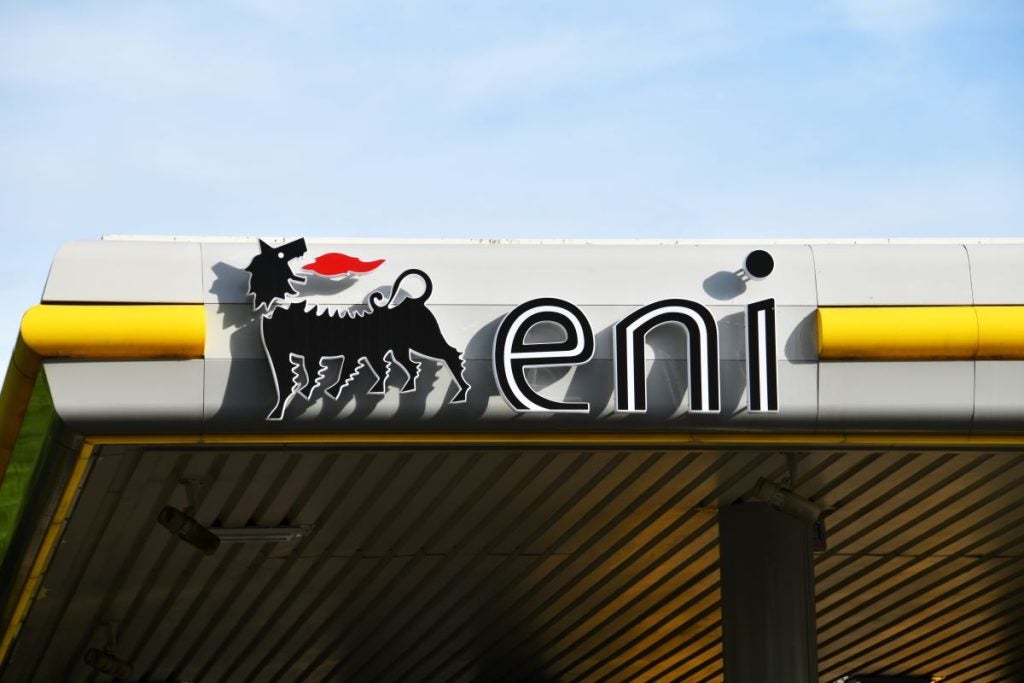
In the first quarter of this year global deals value in the oil and gas sector grew 45% to $160bn, according to GlobalData.
The company tracks real-time data concerning all merger and acquisition, private equity/venture capital and asset transaction activity around the world from thousands of company websites and other reliable sources.
Law firm Baker Botts featured in GlobalData’s top ten legal advisers for the quarter and was involved in total deals worth $3bn.
Offshore Technology spoke to partner at the firm, and M&A specialist, David Emmons to gain greater insight into the latest trends around M&A activity in the offshore oil and gas industry.

Rachel Cordery (RC): Where does the offshore industry currently sit on the consolidation curve?
David Emmons (DE): There are lots of parts of the offshore industry, probably at different places. There’s exploration and production, drilling and also other offshore service companies. I would say that in the E&P [exploration and production] side, people thought that last year would be a big year for consolidation, but in my area, the Gulf of Mexico, not too much happened so there’s still opportunity there.
In the Gulf of Mexico prices were booming so lots of people got into it, and then prices dropped, lots of people did not have the financial wherewithal or balance sheet to survive a downturn. There were lots of sellers and some disagreement about valuations, so not a lot gets sold. There were a couple of big deals but nothing huge.
How well do you really know your competitors?
Access the most comprehensive Company Profiles on the market, powered by GlobalData. Save hours of research. Gain competitive edge.

Thank you!
Your download email will arrive shortly
Not ready to buy yet? Download a free sample
We are confident about the unique quality of our Company Profiles. However, we want you to make the most beneficial decision for your business, so we offer a free sample that you can download by submitting the below form
By GlobalDataMost of those deals were done by someone with a better balance sheet. For example, Stone Energy were coming out of bankruptcy or restructuring and were looking to sell as soon as they got out. By selling to Talos, a private company, they used this transaction to go public.
It’s a similar story on the drilling side. When business was booming, a lot of boats and drilling rigs were built, but this led to an oversupply. When the downtown occurred, there was a dramatic oversupply in lots of companies without the wherewithal to continue.
RC: What advice would you give to start-ups to make themselves more attractive to takeover?
DE: The most important thing is to get assets. If you don’t have good assets then you’re not going to be attractive, because there are lots of assets available. If you are a small company with really good assets then people will already be talking with you. It’s all about good assets and you have to be willing to sell at the price.
What makes a company a target for takeover?
DE: A company with good assets and a smaller balance sheet. In a down cycle, it’s a game of survival because none of these companies have had access to capital for a number of years. The key is trying to survive until the cycle turns and profitability returns.
You have to be attracted to somebody willing to sell for the combination of cash and equity because nobody wants to use their liquidity right now, unless they absolutely have to.
What are the key digital themes driving mergers and acquisitions? AI, Blockchain etc.
DE: One of the big keys out there is data. The oil business is not the fastest moving business, they’re not the leading edge on technology, but you do see more geophysical data. Data gathering is much more important, as is using that data and communication.
Robotics is important in the offshore industry. An offshore rig is so much more technical now than it used to be, whether this is in terms of manpower or machines that are doing all the heavy lifting.
What are the common themes behind the deals already done in the sector in recent months/quarters?
DE: One theme is a bigger and better balance sheet and more geographic diversity. A combination of Tidewater and Gulf mark on the work and offshore vessel side has led to a more critical mass, bigger balance sheet, and geographic diversity.
There’s always a theme of a larger company being able to retire non-productive assets. You have all these drilling rigs and offshore vessels but the demand for them does not exist so you have to get rid of the surplus.
In smaller companies that only have a few rigs or boats; you aren’t likely to retire any of your assets. But for larger companies this idea is more positive for the industry because you can start reducing surplus.
What are the areas we are likely to see activity in the months/quarters ahead?
DE: There’s room for consolidation in every aspect of the offshore oil business. I don’t know if there will be really large deals, but there are still opportunities for consolidation.
What are the biggest challenges facing M&A activity in the sector?
DE: One thing that affects people is the price of oil. The sharp change in December was eye-opening for some people, because oil suddenly dropped dramatically after a steady rise. People are nervous about the reliability of the price of oil, and when that happens, the whole basis for the business is unsteady. Valuation is an issue when there’s so much inconsistency and volatility in the price of oil.
How does an acquirer define success post-acquisition?
DE: It depends upon the reason for the transaction. There are a lot of people who talk about improving their balance sheet and reducing the leverage over the organisation. If you’re able to do that, that’s a positive.
The most important thing is the successful integration of the two companies so that you don’t end up with two camps of different people with different theories operating under the same company name. Integration both at management level and throughout the organisation is one of the biggest challenges.
What advice would you give to an acquired company that wants to maximise the value it gets out of a buyout?
DE: Be prepared for the transaction, clean up your company and your balance sheet. A lot of last year’s deals were done between restructured companies who had made themselves more attractive through balance sheets and good assets.







